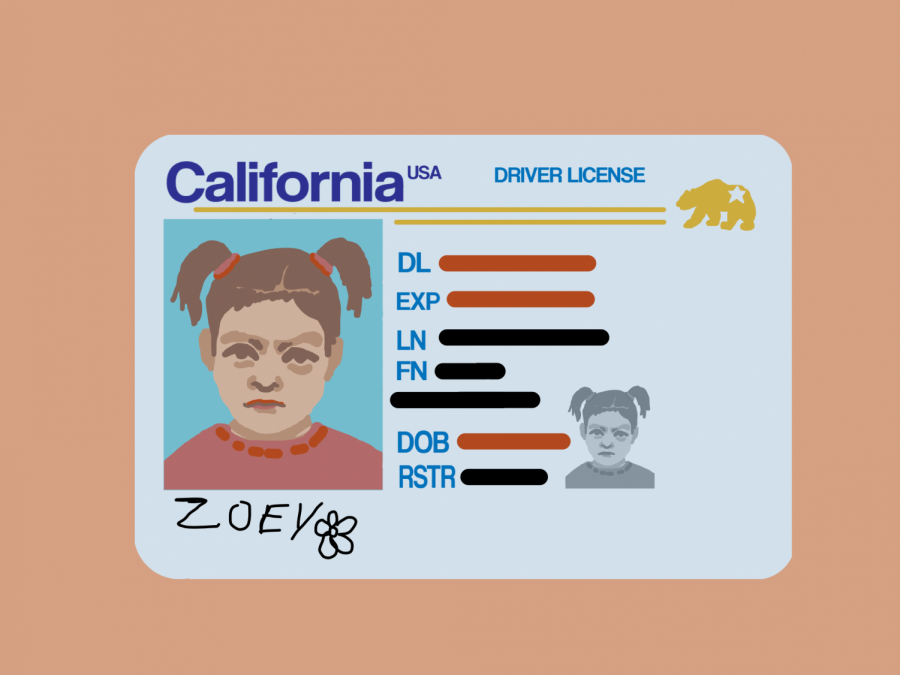Defining “Adulthood”
Legal ages may not be the only recognizable attribute to being an adult.
November 15, 2020
Now that I’m a senior, I get a lot of questions about my future plans: Are you done with college apps? What schools are you applying to? What major are you going into? These questions can be annoying—especially when you don’t even know their answers. But I think the worst of them all is, Are you ready to be an adult? While my initial reaction to this will always be a mini existential crisis, the number of times I have been forced to think about this question have led me to wonder what exactly defines adulthood.
When you Google “adulthood,” it says that it is “the state or condition of being fully grown or mature,” which is as unhelpful as it is vague. If maturity really is the jurisdiction to characterize an adult, I don’t think as many people should be calling themselves “grown” as currently do.
Legally, you are an adult when you turn 18—but also 19 or 21 depending on the country you’re in. I understand that, logistically, age restrictions are needed for voting or drinking alcohol, but the age at which we can legally do those things should not be a defining factor in our adulthood. I, personally, don’t want my adulthood to be defined by the taxes I have to pay or my ability to be tried in court.
Additionally, other socially accepted definitions of adulthood alienate specific groups of people. For example, “adulthood” based on brain development excludes many people with disabilities, whose brains either develop at a different rate or to a different extent than neurotypical people. Defining adulthood based on educational achievements does not address the rampant discrimination (racism, misogyny, homophobia, transphobia, etc.) that occurs in academia. Adulthood based on “responsibilities” does not recognize the fact that many are forced to take on responsibilities (bills, childcare, work, etc.) at a young age, defining them as an adult even if they are in middle school or high school. No matter how we try to determine adulthood for the general population, someone and their experiences will inevitably be left out of its definition.
The most accurate and inclusive way to define adulthood is to have everyone interpret it for themselves. Our own milestones don’t have to be decided for us by others. If you think you’re an adult when you finally get your dream job, then that’s when you become an adult. If you think you’re an adult when you settle into your own home, then that’s when you become an adult. Or if you don’t think you’ll ever become an adult, that’s okay too. We should not be pressured into believing that adulthood is the same for everyone. We should be able to define adulthood for ourselves.


